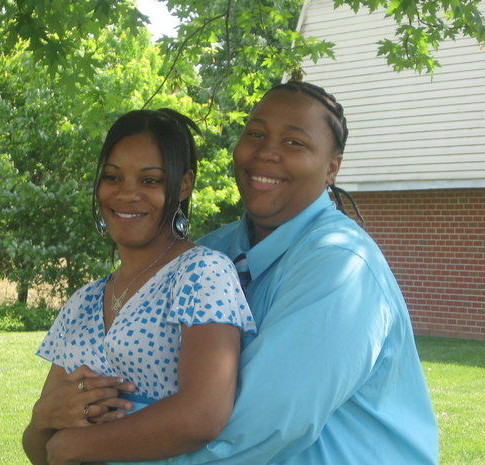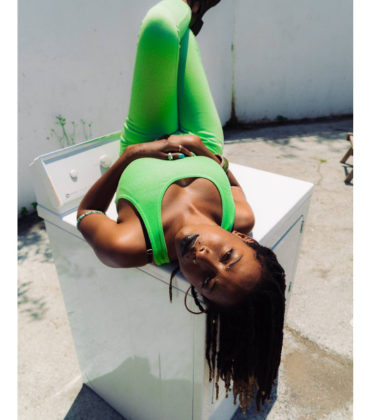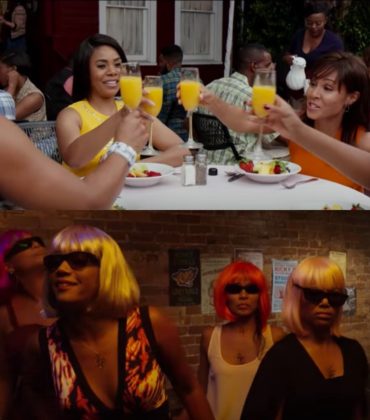
A New Jersey couple is embroiled in what could be a precedent-setting lawsuit. In yet another case resulting from current laws not catching up to the changing face of the American family, Sheena and Tiara Yates of Pennsville, New Jersey are fighting a rather complicated court battle after being sued for parental rights by a sperm donor.
The Yateses two children were conceived at home, via artificial insemination, under the counsel of a physician, using two different donors. Their youngest child was conceived in April of 2013, and their toddler, sometime prior. Between the end of 2013 and early 2014, despite signing contracts relinquishing parental rights, both sperm donors sued for custody — and won.
The family court ruling is complicated by both same-sex marriage laws in the state of New Jersey and statutes on artificial insemination. The Yateses had a civil union in 2011, but weren’t legally married until May of 2014, after New Jersey passed a law allowing same-sex marriage in 2013. At this point, both of their children had been born, but because the Yateses were not technically married, both women do no have full parental rights to their children.
Additionally, in the state of New Jersey, a non-biological parent is not considered the natural parent of a child conceived during the relationship via artificial insemination, unless the procedure is performed with the direct supervision of a physician, something that the Yateses did not know.
John Keating, the lawyer representing the Yates family thinks that circumstances surrounding the Yates’ marital status may help them win their case.
We think it’s important the appellate division make a decision. Our purpose here is for other couples not to go through this. They set out to start a family together, and they did what they thought was the right thing,” he said. “They entered into contracts with sperm donors, they consulted a physician and are now in a position of raising two children with two sperm donors instead of being two parents and their children. Now there are four parents raising these children.”
Keating also commented on whether or not the artificial insemination statute might be inherently discriminatory.
“We don’t think this is an anti-LGBT decision,” Keating said, but noted that even initial fees at most sperm banks tally about $1,000. “But we do think it disparately impacts LGBT couples, and disproportionately impacts lower-income people.”
Until the courts reach a decision, Keating also advised anyone thinking of using reproductive services to consult with a lawyer. For now, the case of Sheena and Tiara Yates serves as an example what might go wrong.




